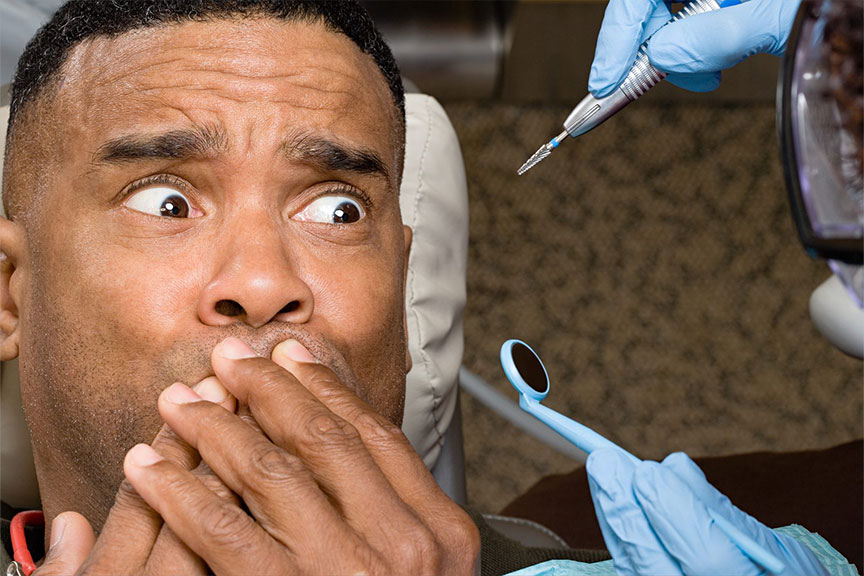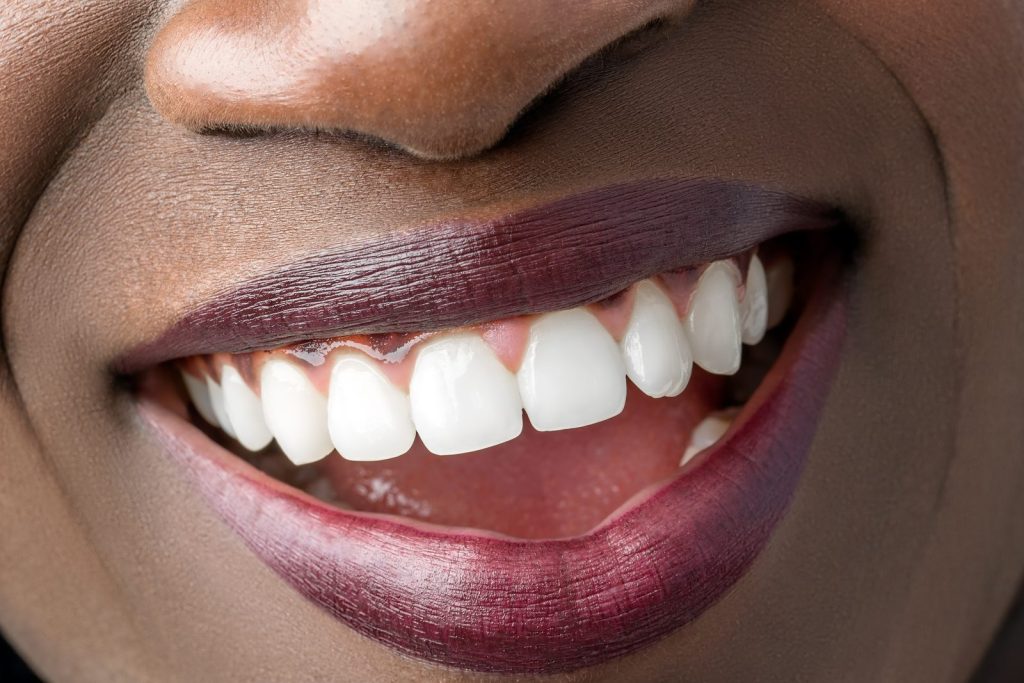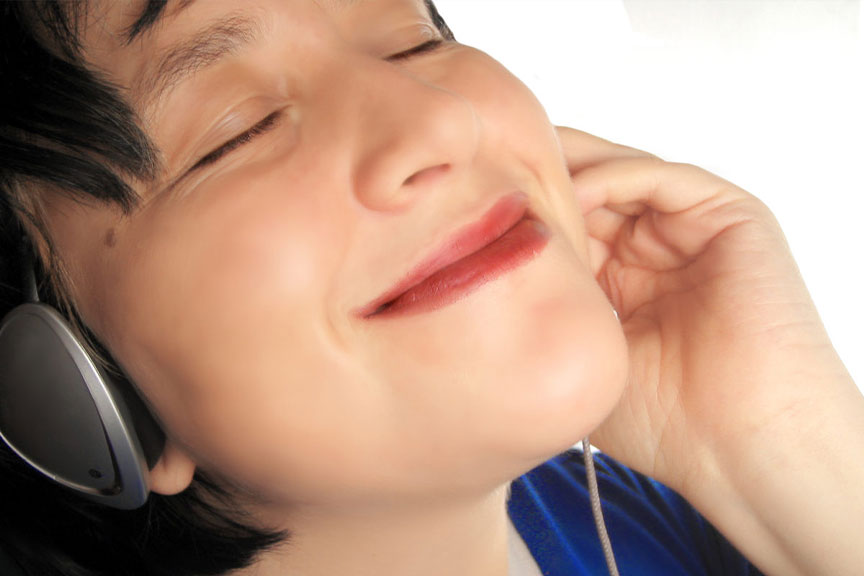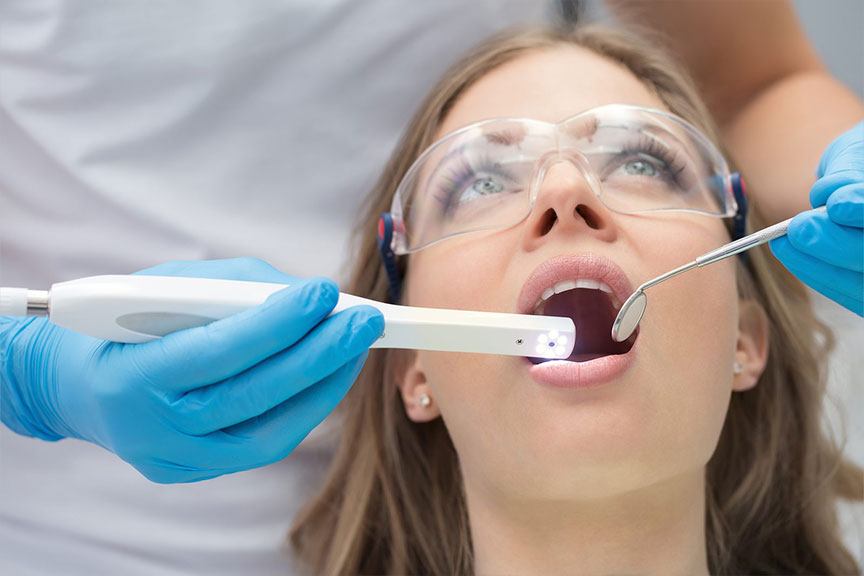Do you have a fear of dental surgery? Imagine undergoing a root canal, extraction, or oral surgery and waking up without a memory of the noise, discomfort or pain you expected. With sedation dentistry, it is possible for you to have these dental treatments in a safe and comfortable environment.
You may benefit from sedation dentistry if you:
- Have anxiety or fear about being at the dentist
- Cannot sit still for long periods of time
- Have shown prior resistance to getting, and staying numb, through traditional anesthetics
What is sedation dentistry?
Sedation dentistry utilizes a variety of techniques to provide comfortable and safe dental treatments for patients with dental anxiety. Dental sedation offers the following benefits:
- You will lose your sense of time while under sedation
- You will not be able to smell or hear the sounds associated with dental work
- You will be free of fear and anxiety
- You will have no memory of undergoing the procedure
What are the types of sedation?
Mild Sedation – This lightest form of sedation is used for patients with mild anxiety for longer or more complex procedures. Throughout this state, you remain awake and able to breathe on your own. Patients experience a deep sense of relaxation and usually recover from this type of sedation in a few hours. Nitrous oxide inhalation is an example of a mild to moderate sedation technique.
Moderate Sedation — For those with moderate dental anxiety who are undergoing longer or more complicated procedures moderate sedation is recommended. While you will remain awake, you will be in an even deeper state of relaxation than that exhibited in mild sedation. Because driving may be unsafe, and this sedative may take a few hours to wear off, patients undergoing this type of sedation should have a parent, spouse, or friend accompany them.
Deep Sedation – The most profound state of dental sedation available, patients undergoing this type of sedation waver between consciousness and unconsciousness during their dental procedure. Patients awaken from this kind of sedation with little to no recollection of this treatment. Even when awake, people in this state cannot respond to commands. As driving is unsafe until the sedative wears off, which can take several hours, all patients should bring a parent, friend, or spouse to accompany them.
Those who have been sedated for dental work in the past will testify to it being a simple and more relaxing way to experience dentistry. You don’t have to dread dental procedures or avoid them. Ask your dental team about sedation options for your next procedure.


















